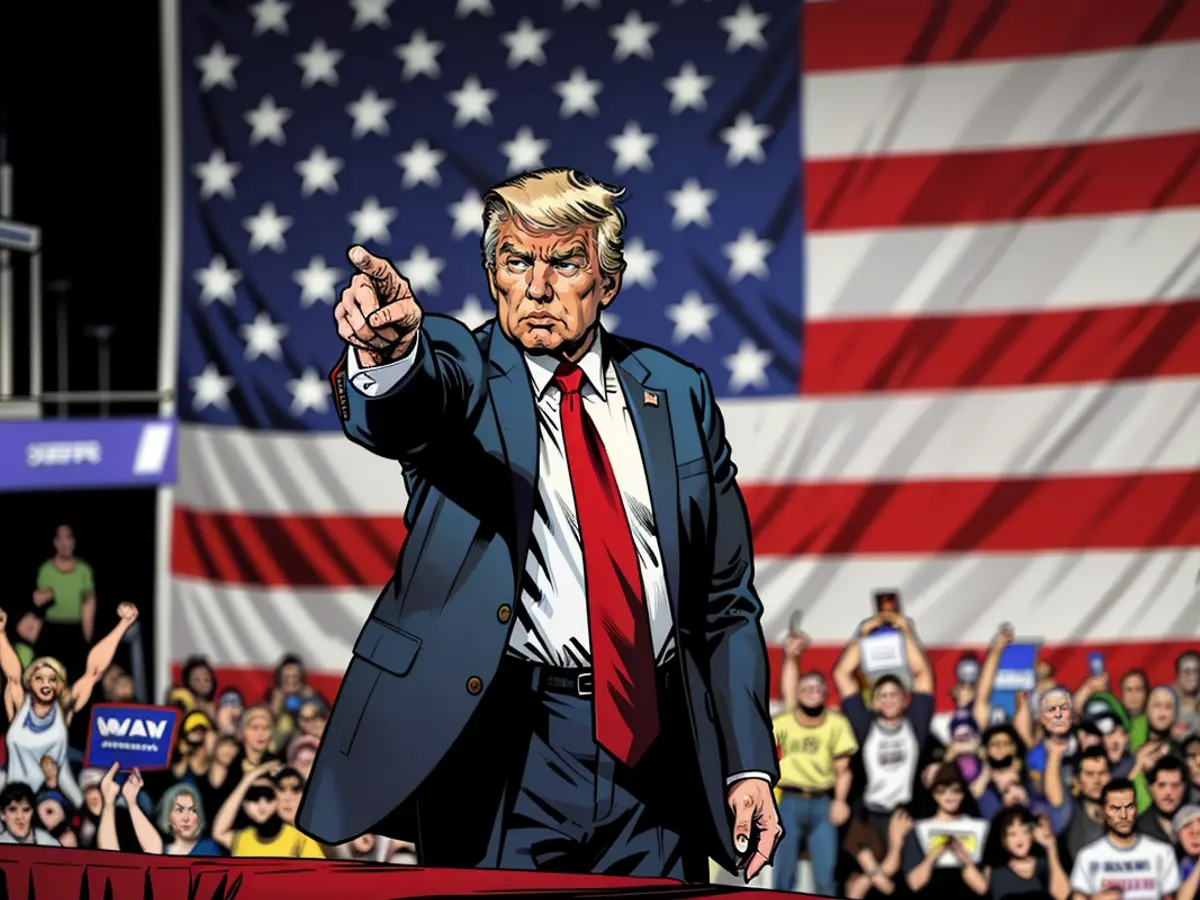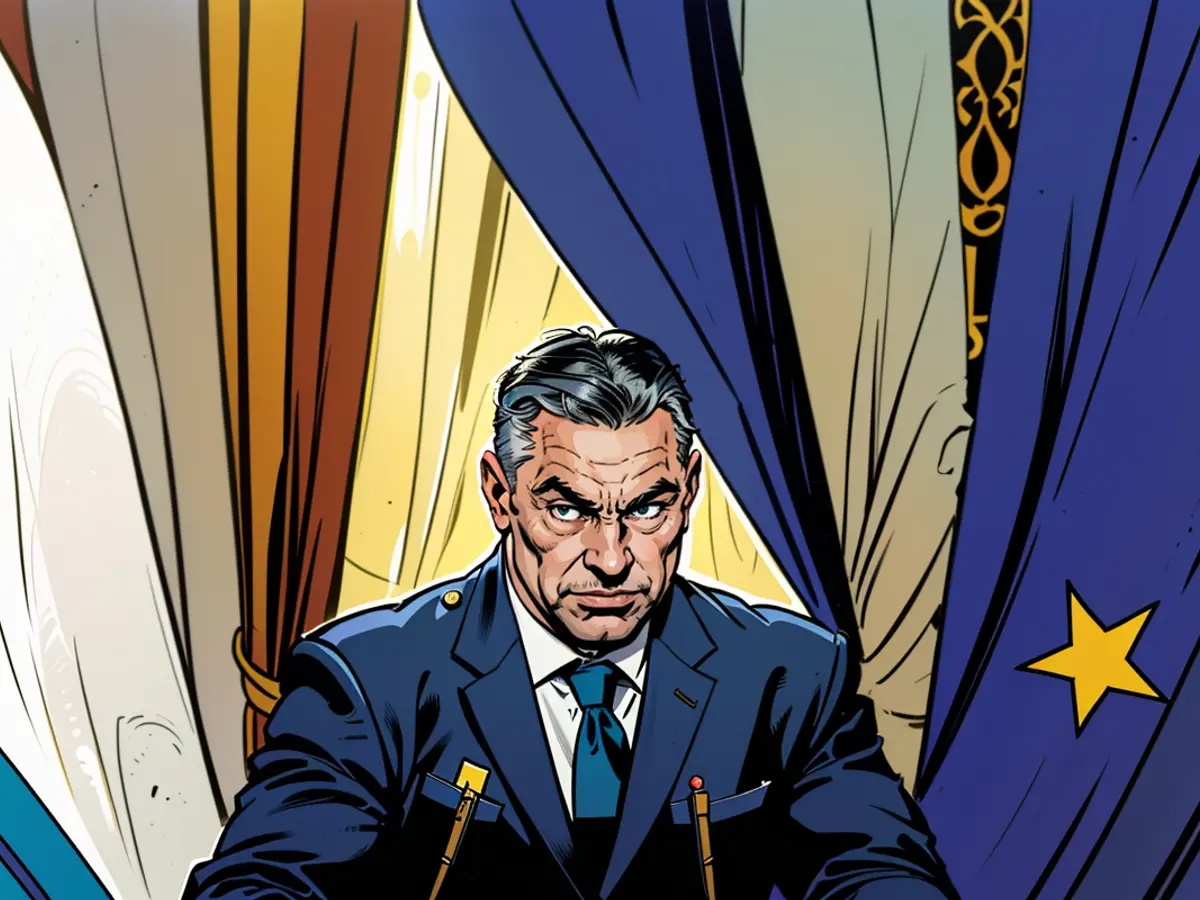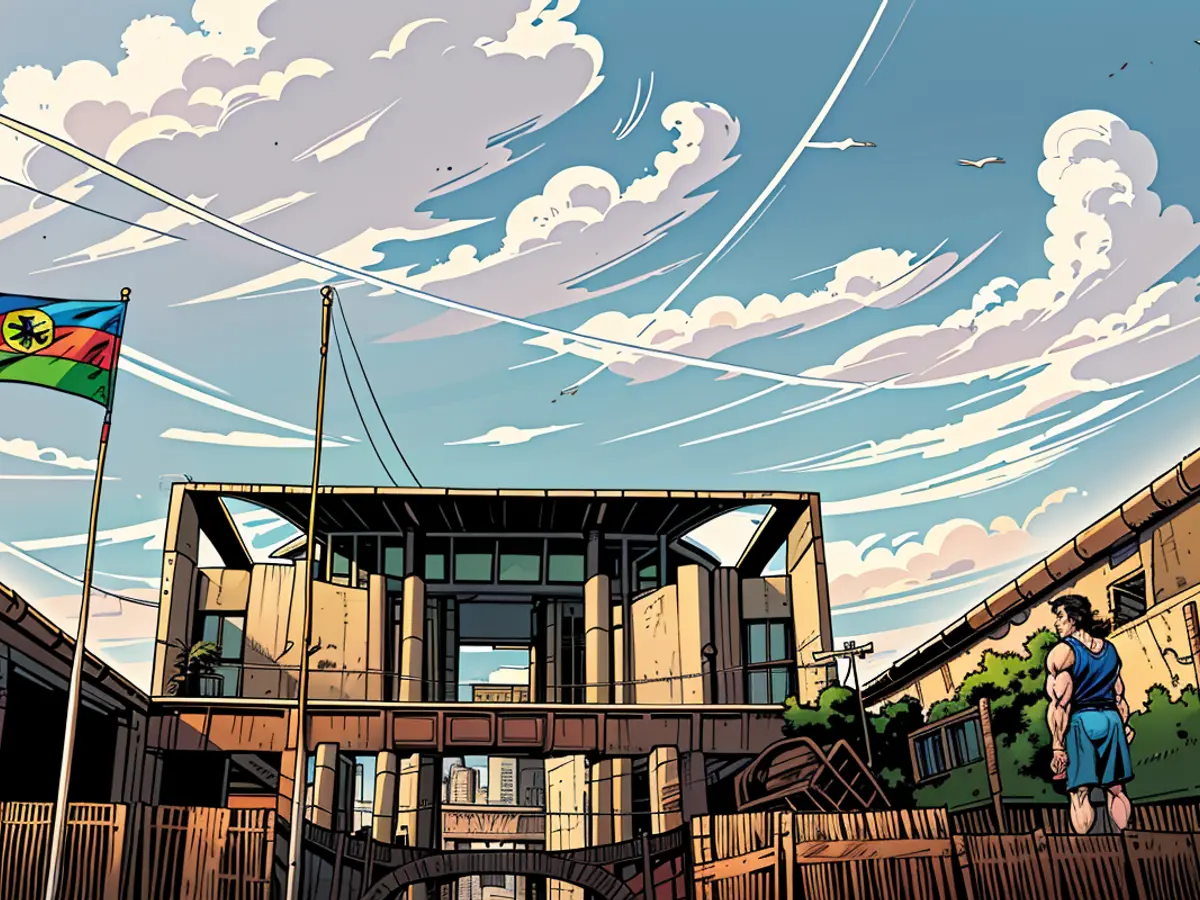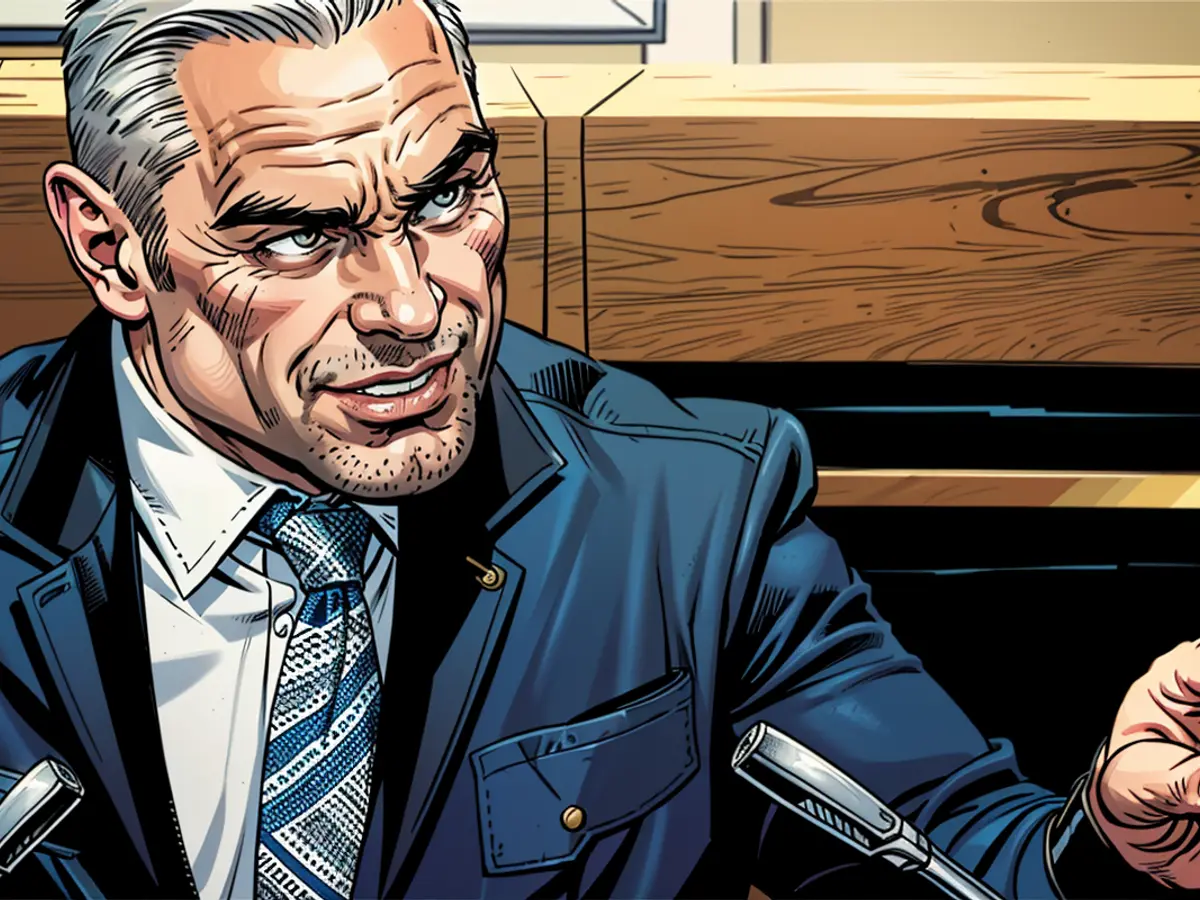Washington Post: Justice Department to pursue Trump prosecutions past the election, even if he wins
The plan is due to a view that DOJ rules against charging or prosecuting a sitting president would not kick in until Inauguration Day in January, people familiar with the discussions told The Post.
The Washington Post’s reporting comes a day after the Supreme Court ruled that Trump may claim immunity from criminal prosecution for some of the actions he took at the end of his presidency.
The court’s decision is likely to further delay a trial on the federal election subversion charges brought by special counsel Jack Smith, leaving Trump poised to avoid pre-election trials in the most significant criminal prosecutions he faces after being found guilty in his hush money trial in May. (His sentencing in that trial has been postponed until September in the wake of the court’s ruling.)
Officials who were not part of the special counsel’s deliberations told CNN they believed the long-standing DOJ policy against criminally charging a sitting president does not extend to a president-elect.
The department policy applies to a “sitting president,” the officials told CNN – so even if Trump were to win reelection in November, he could still stand trial before he was inaugurated in January 2025.
A spokesperson for Smith’s office declined to comment to The Post.
Trump also faces dozens of federal charges related to the alleged mishandling of classified documents. The judge who oversees that case, also brought by Smith, indefinitely postponed the trial in May, citing significant issues around classified evidence that would need to be worked out before the case goes to a jury.
The ongoing discussions about charging President Trump relate to the DOJ policy, which suggests that the rule against prosecuting a sitting president would only apply after Inauguration Day. Despite the Supreme Court's decision granting Trump immunity from some criminal prosecutions, he still might face trials before his potential inauguration in 2025, due to the interpretation of the DOJ policy.






